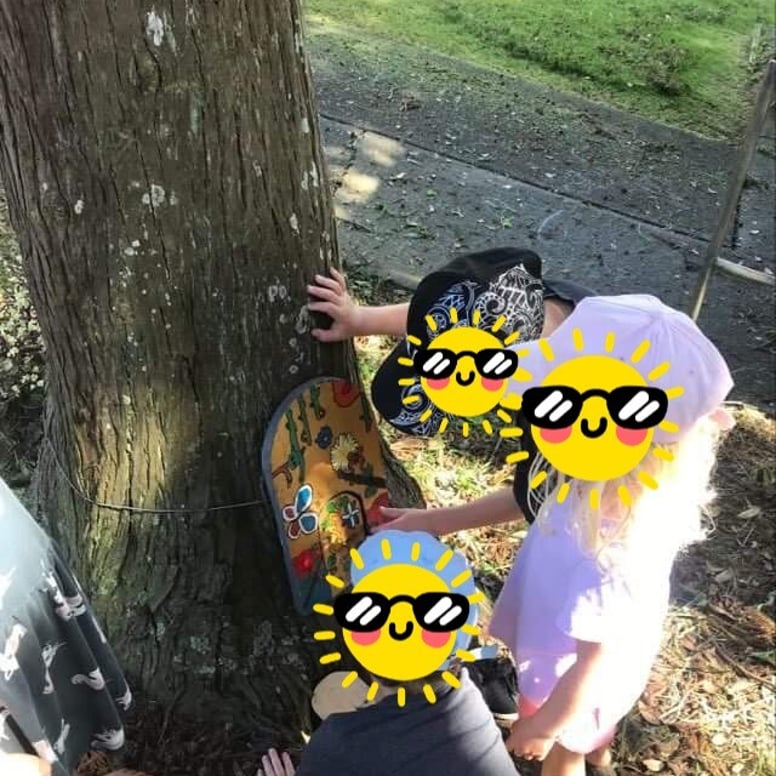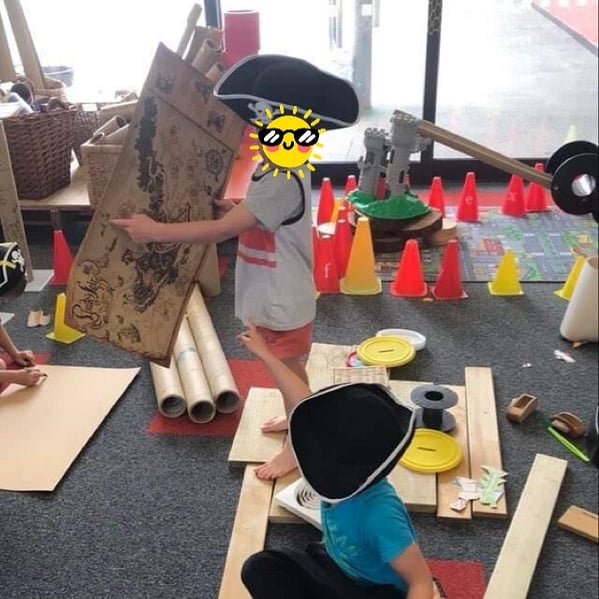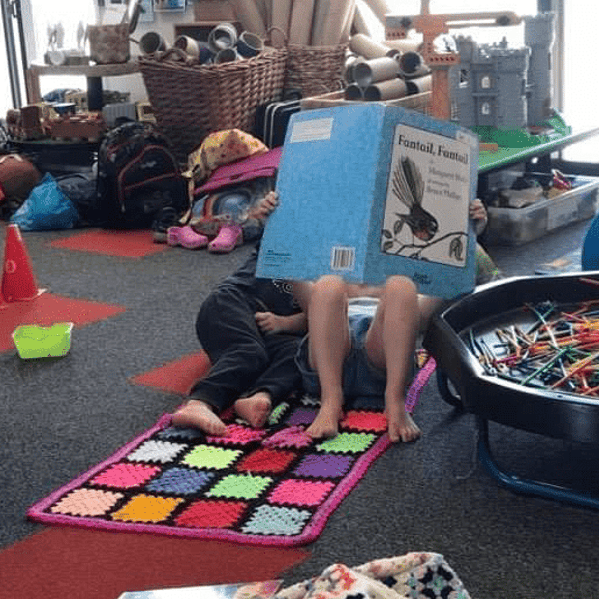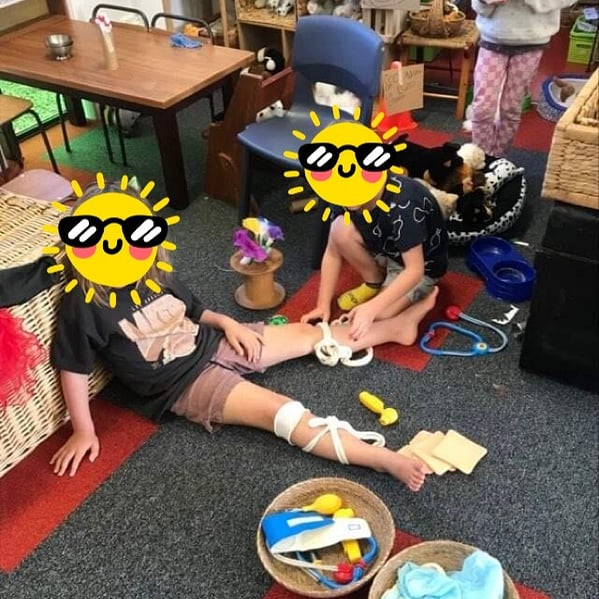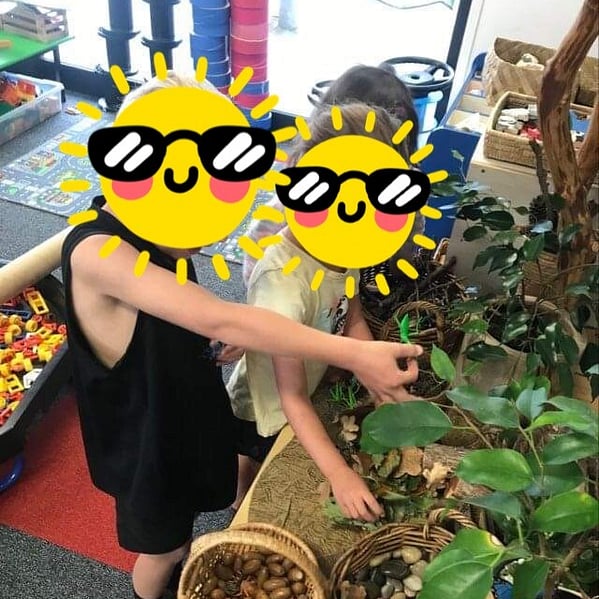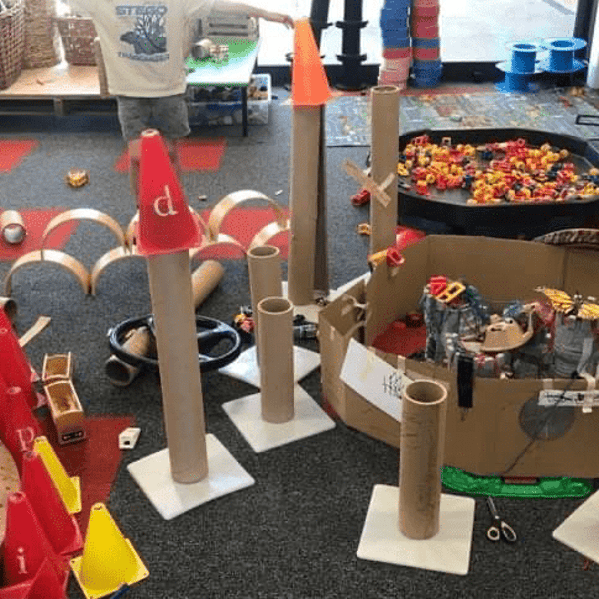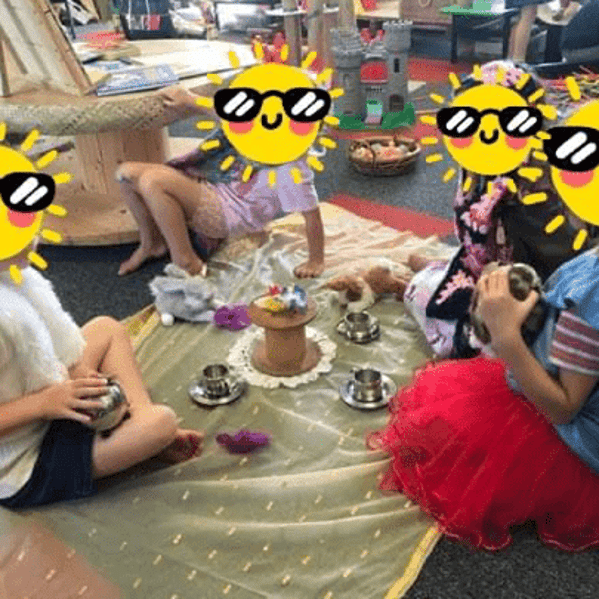Northcote Primary
Northcote, Auckland, New Zealand
Current School Roll: 470
Urban Primary Kura/School
Full Primary (Years 0-6)
About Northcote Primary
The integration of play-based learning and intentional teaching has become a powerful educational approach that promotes holistic development among students. This article delves into the impact of this pedagogical approach on children’s learning outcomes, teacher practices, challenges faced during implementation, and future goals
Physical Environment
Primarily single-cell classroom blocks and older style buildings, with a mixture of both single-cell and open plan/MLE environments/hubs.
Community
Our school is situated on the North Shore of Auckland, in a higher socio-economic income area. Our equity index is 363.
Northcote Primary School began implementing play in 2015, when staff in the junior school attending their first Longworth professional development.
Impact on Children’s Learning Outcomes
A striking observation is the positive impact this approach has on junior children. By emphasizing the importance of Key Competencies, students are able to transition smoothly into school life and develop the necessary dispositions for engaging in formal learning experiences. Allowing children the time and space to connect their learning in self-chosen contexts fosters authentic engagement and cultivates their self-belief as capable learners.
Impact on Teachers and Practices
Teachers well-versed in play pedagogies have witnessed a transformation in their knowledge of the New Zealand Curriculum and a newfound appreciation for the Key Competencies’ impact on learning. With this understanding, educators are better equipped to recognize the learning taking place and possess the professional freedom to respond accordingly. Moving away from traditional long-term planning, teachers embrace the opportunity to create authentic, formal learning experiences. Conversations surrounding play and formal learning have become integral to their professional dialogue, acknowledging that while teaching through play may pose challenges, the rewards far outweigh them. As teachers further develop their play pedagogies, they eagerly share anecdotes and engage in discussions with more experienced play teachers, fostering a collaborative and progressive teaching community.
Challenges Encountered
Documenting play and striking the right balance in documentation practices remains a challenge. Educators are continuously exploring ways to effectively document and share children’s play experiences across different platforms. Maximizing the potential of the physical environment, particularly outdoor spaces, poses ongoing challenges, prompting educators to seek innovative solutions. Additionally, managing play resources, including storage, maintaining a balance of available materials, and sourcing consumable resources, demands careful consideration and time investment.
Addressing Concerns
Literacy and numeracy achievement levels generally align with students’ typical development and do not raise significant concerns. However, educators are committed to addressing individual students’ needs through case studies and collaborative efforts. Regular tracking systems help identify children requiring additional support, allowing teachers to provide targeted assistance. Collaborative discussions within teaching teams focus on students of concern, emphasizing growth and progress. Leveraging the expertise of individual teachers, collaborative strategies are employed to support struggling students before seeking further assistance.
Balancing Pedagogy and Literacy/Numeracy Teaching
Contrary to the notion that developmentally responsive pedagogy conflicts with literacy and numeracy instruction, a balanced approach is key. Experienced play teachers skillfully identify learning within play and utilize it to plan authentic learning experiences. They seamlessly integrate literacy and numeracy components, incorporating texts for guided and shared reading and writing, as well as numeracy activities. By developing shared/big book plans with cross-curricular links, teachers alleviate the burden of creating new lesson plans for each book, promoting efficiency and cohesion across classrooms.
Looking Ahead
Moving forward, educators aim to enhance the documentation of student learning through the narratives of learning stories, enabling authentic and time-efficient reflection. Formal reporting will be tailored to reflect the play pedagogy and highlight the development of Key Competencies, particularly in the junior school. The ongoing goal is to strengthen teaching and learning through play pedagogies across all levels of the school, fostering a rich and inclusive educational environment.
